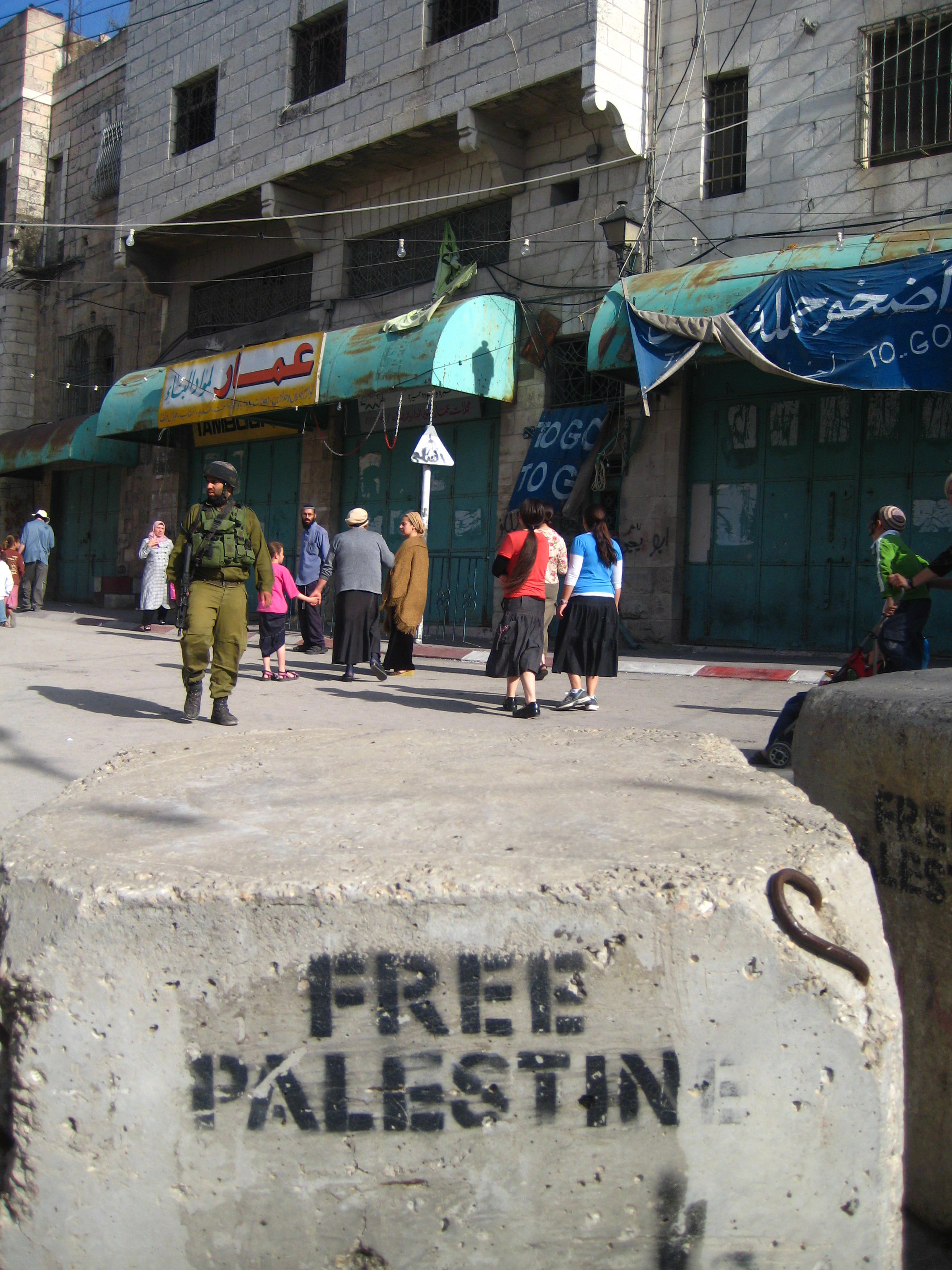-
Apartheid expanding in Hebron
24 May 2011 | International Solidarity Movement During Sunday 22nd May several streets were closed in the H1 area of Hebron for illegal settlers to walk through the city followed by approximately 50 soldiers. Meanwhile the shops in the Palestinian area were closed and Palestinians were prohibited from walking through the streets and entering through […]
-
Army builds fence around Izbat Al Tabib
23 May 2011 | International Solidarity Movement This morning at about 9am the Israeli army entered the village of Izbat Al Tabib with construction vehicles and began to build a large barbed wire fence along the side of the village separating it from highway 55 which runs parallel. The International Solidarity Movement joined with men, […]
-
CPT: Israeli intelligence, backed by military, threatens villagers in At-Tuwani
23 May 2011 | Christian Peacemaker Teams – At-Tuwani At Tuwani, South Hebron Hills, West Bank – On Monday May 23, Israeli intelligence entered At-Tuwani, escorted by about fifteen soldiers. In the operation the Israeli military invaded a local leader’s house, demanded that villagers stop their nonviolent resistance and threatened violent retaliation if the Palestinians […]
Action Alert An Nabi Saleh Apartheid Wall Arrests BDS Bethlehem Bil'in Cast Lead Demonstration Denial of Entry Ethnic Cleansing Farmers Gaza Global Actions Hebron House Demolition International law Israeli Army Jerusalem Live Ammunition Nablus Ni'lin Prisoner Ramallah Rubber-coated steel bullets Settlement Settlers Settler violence Tear-Gas Canister Video


